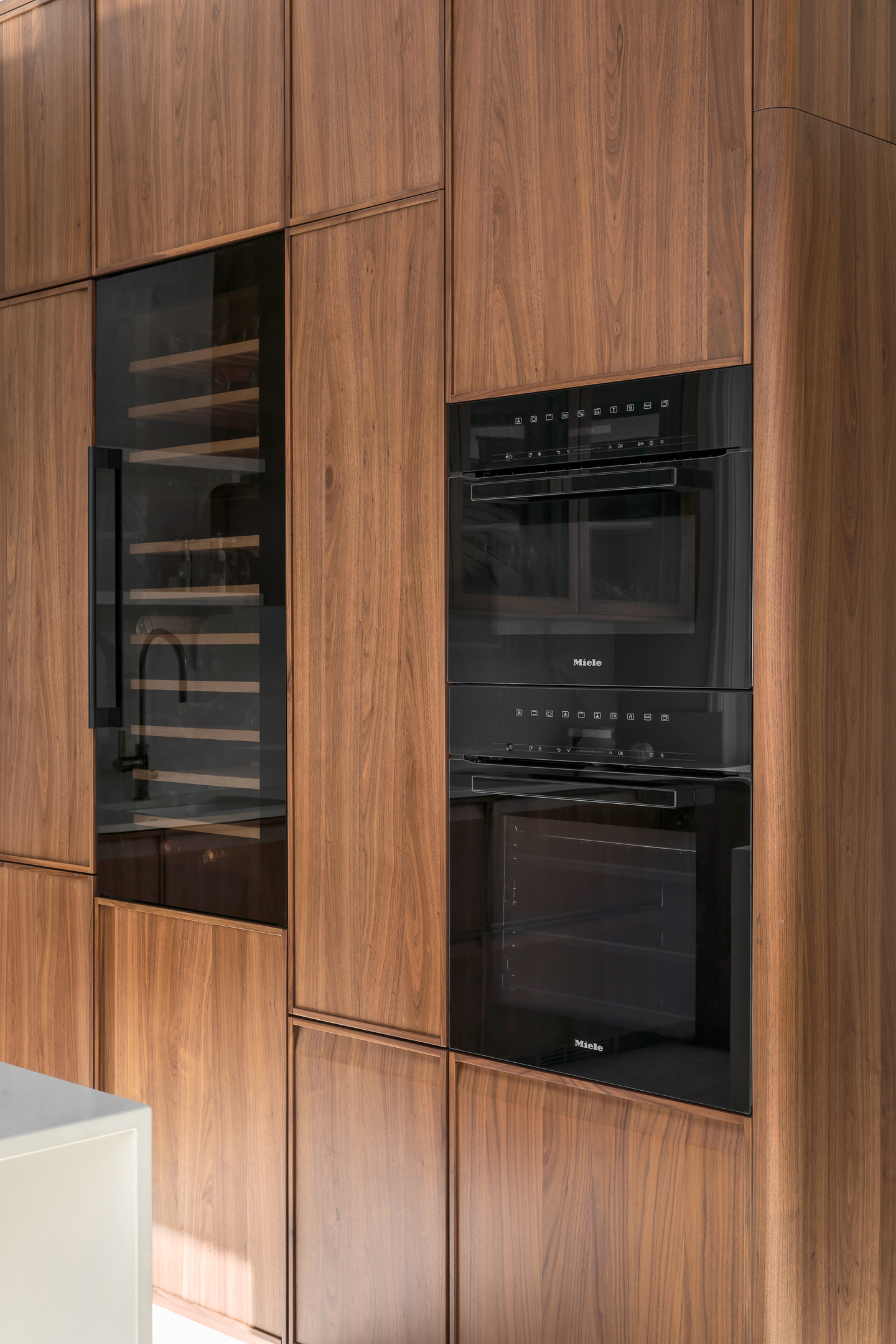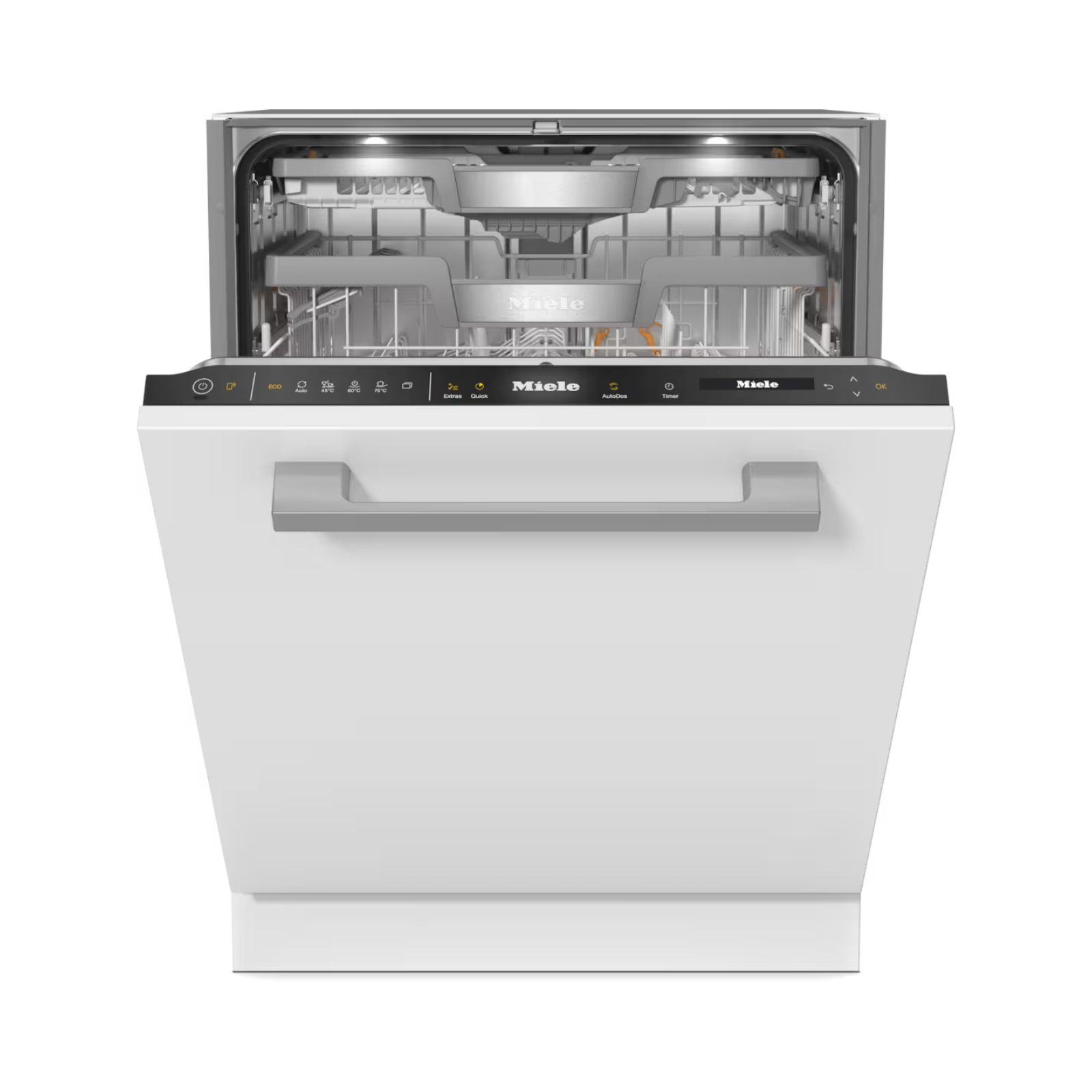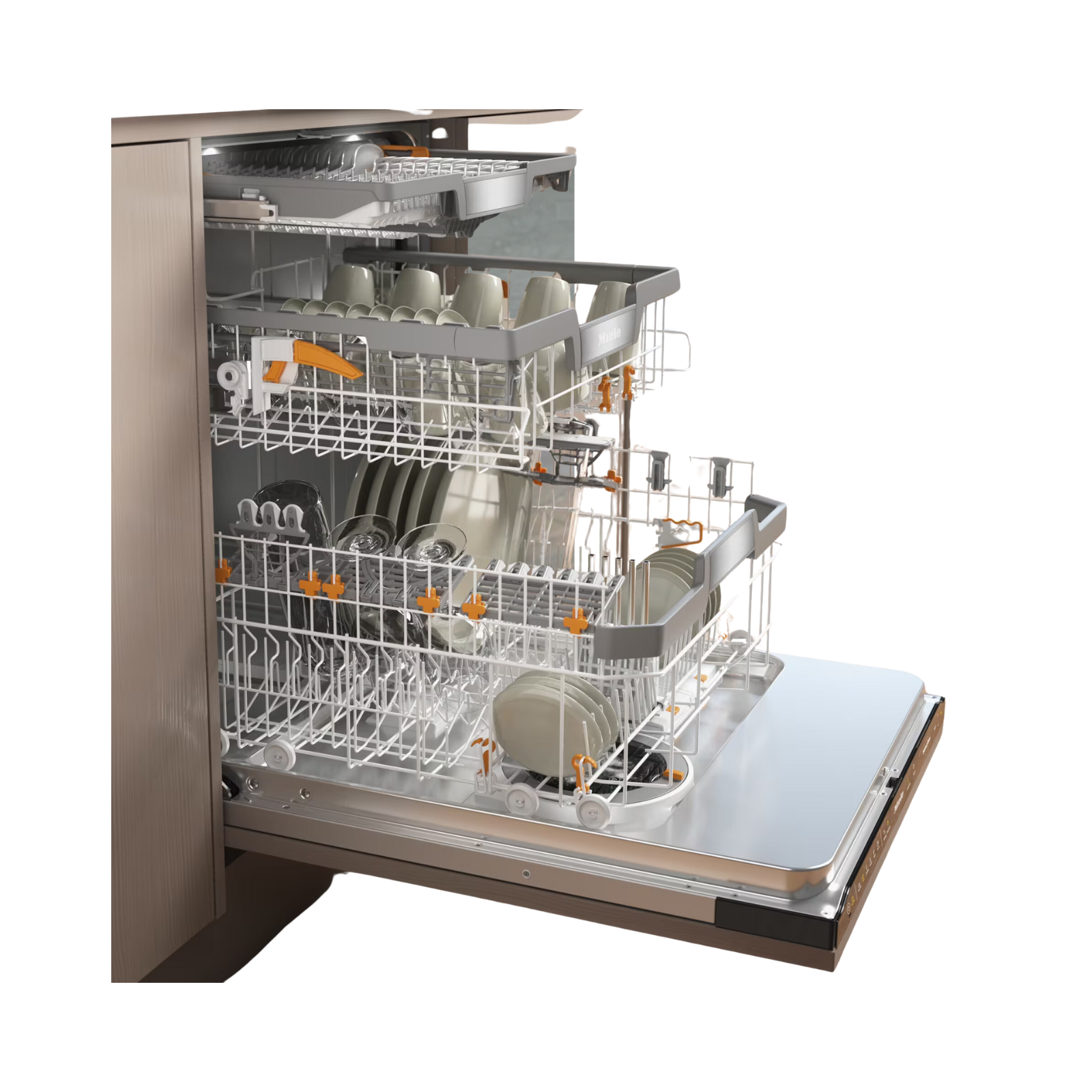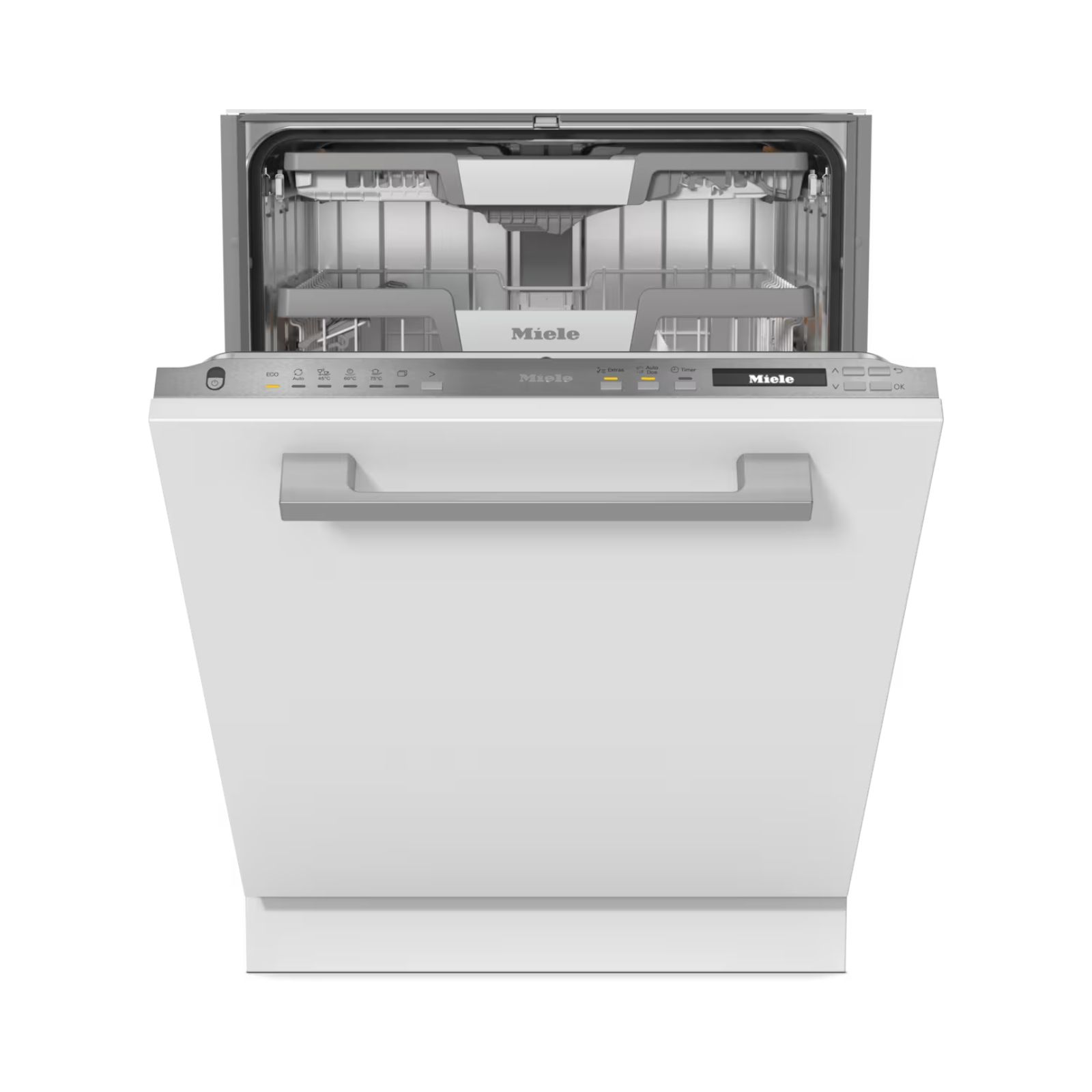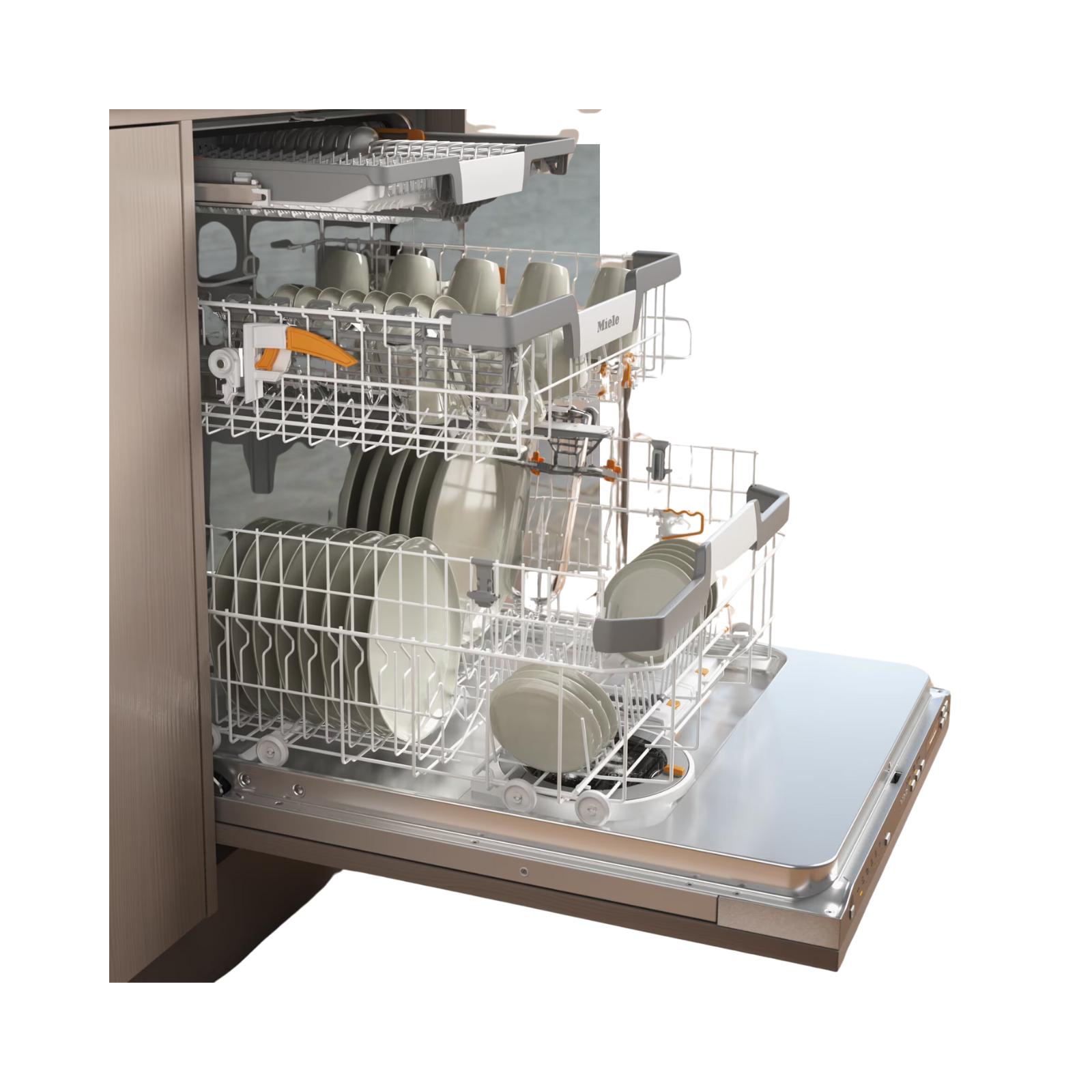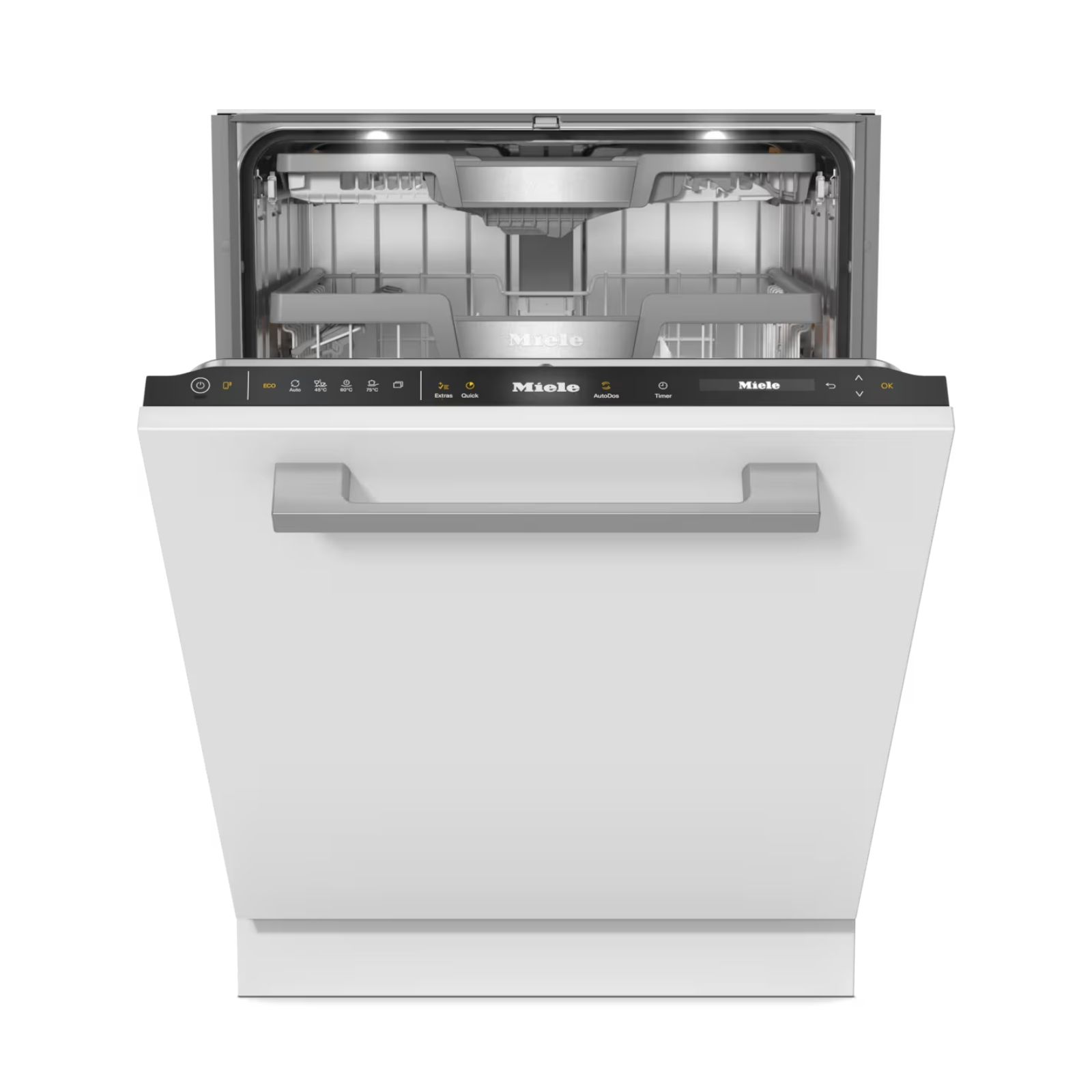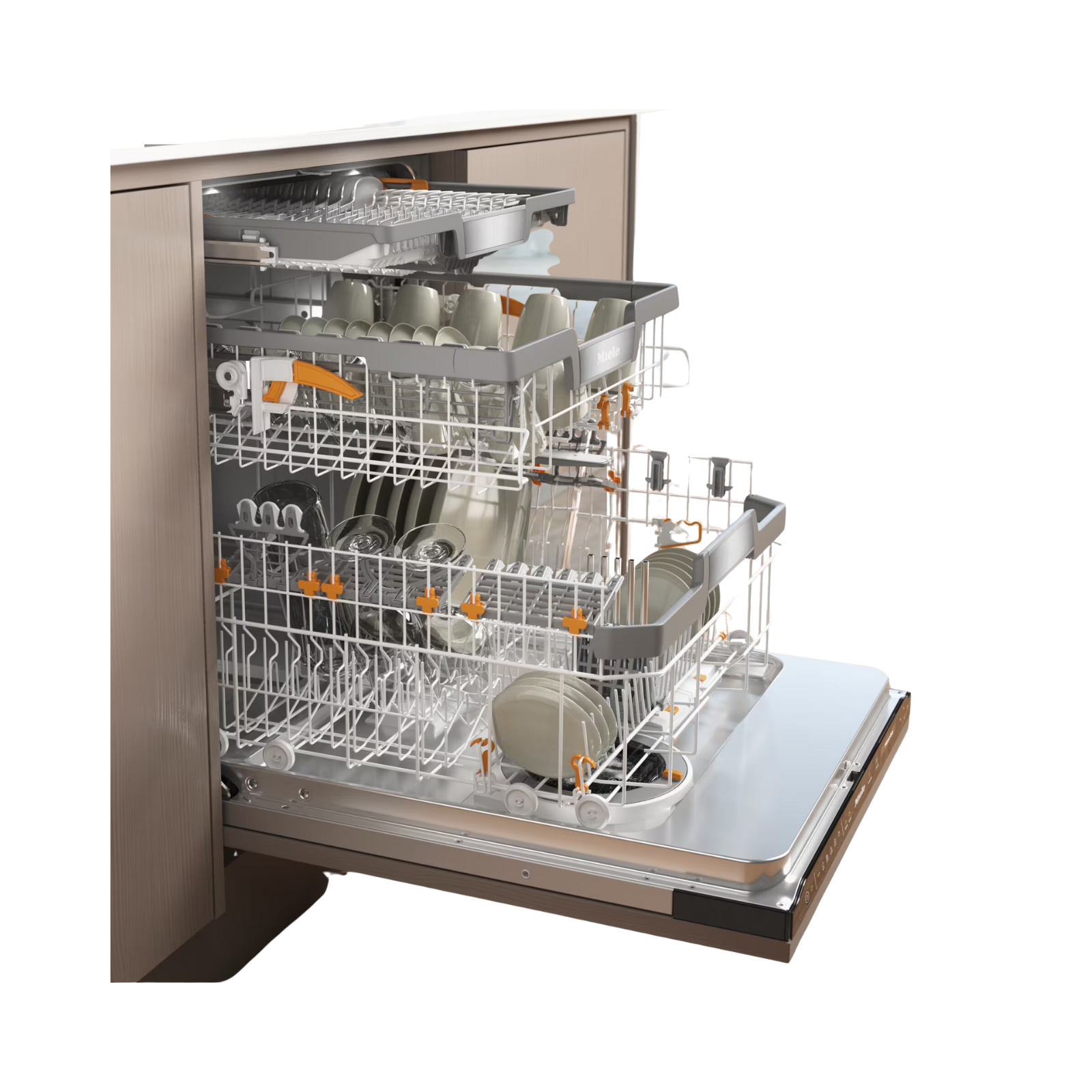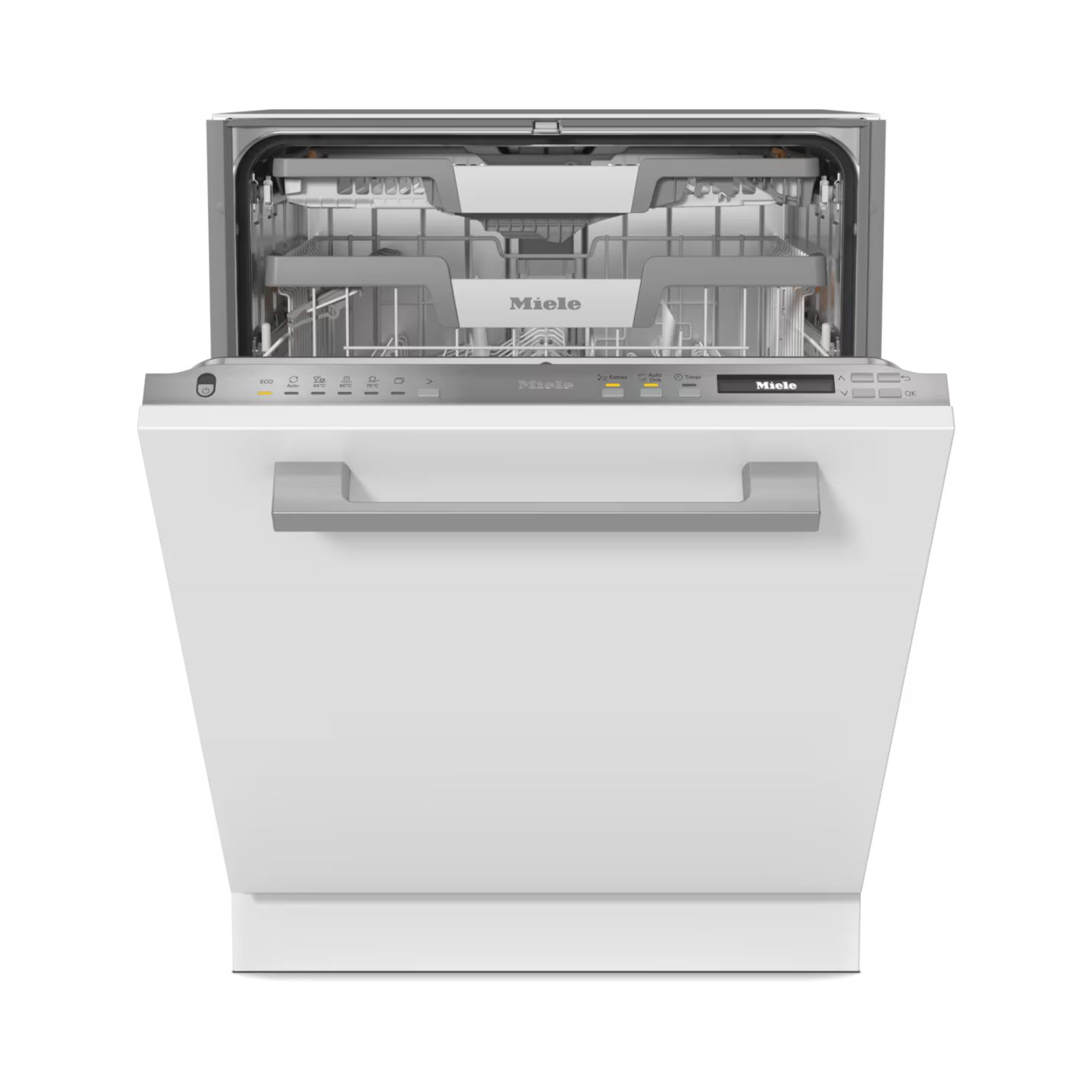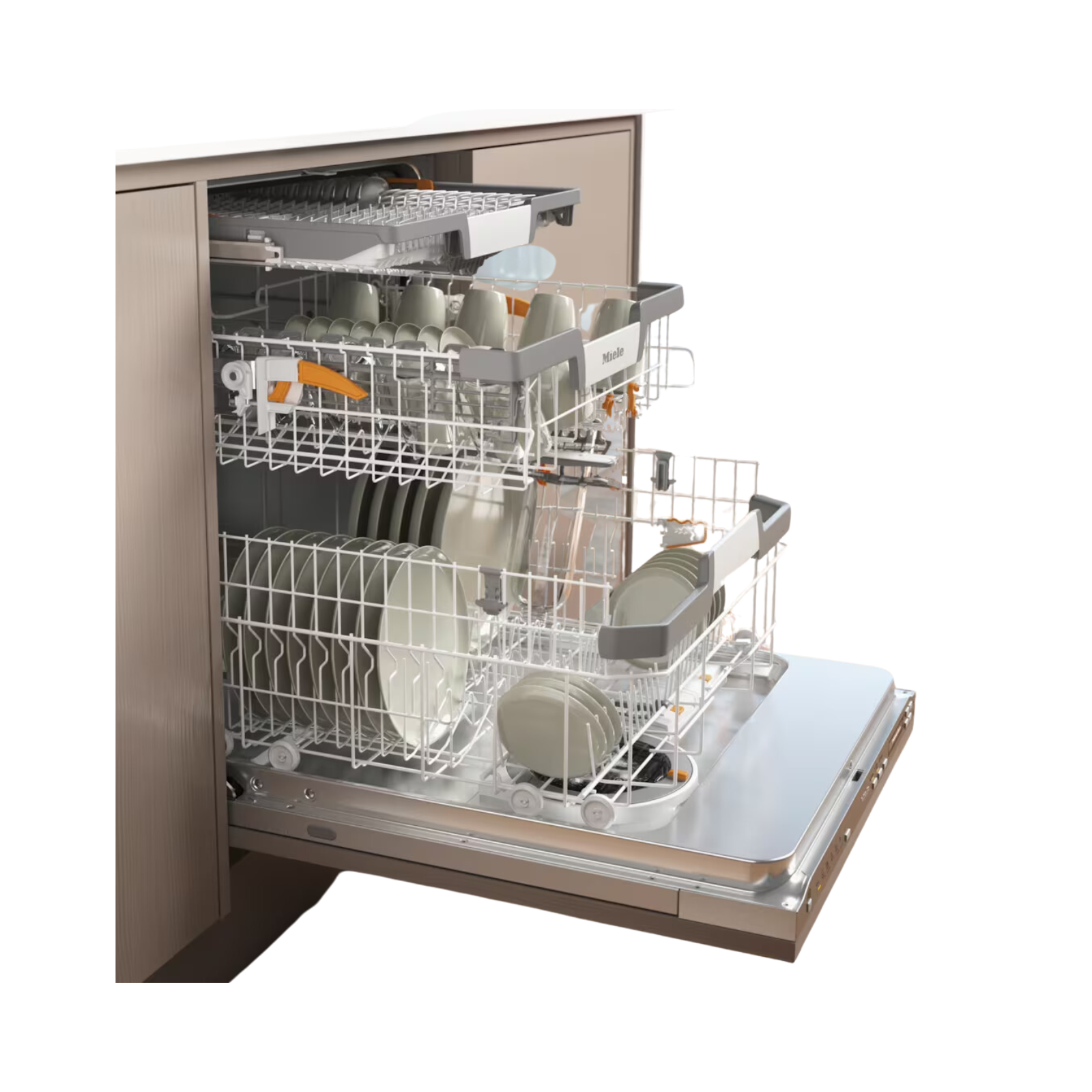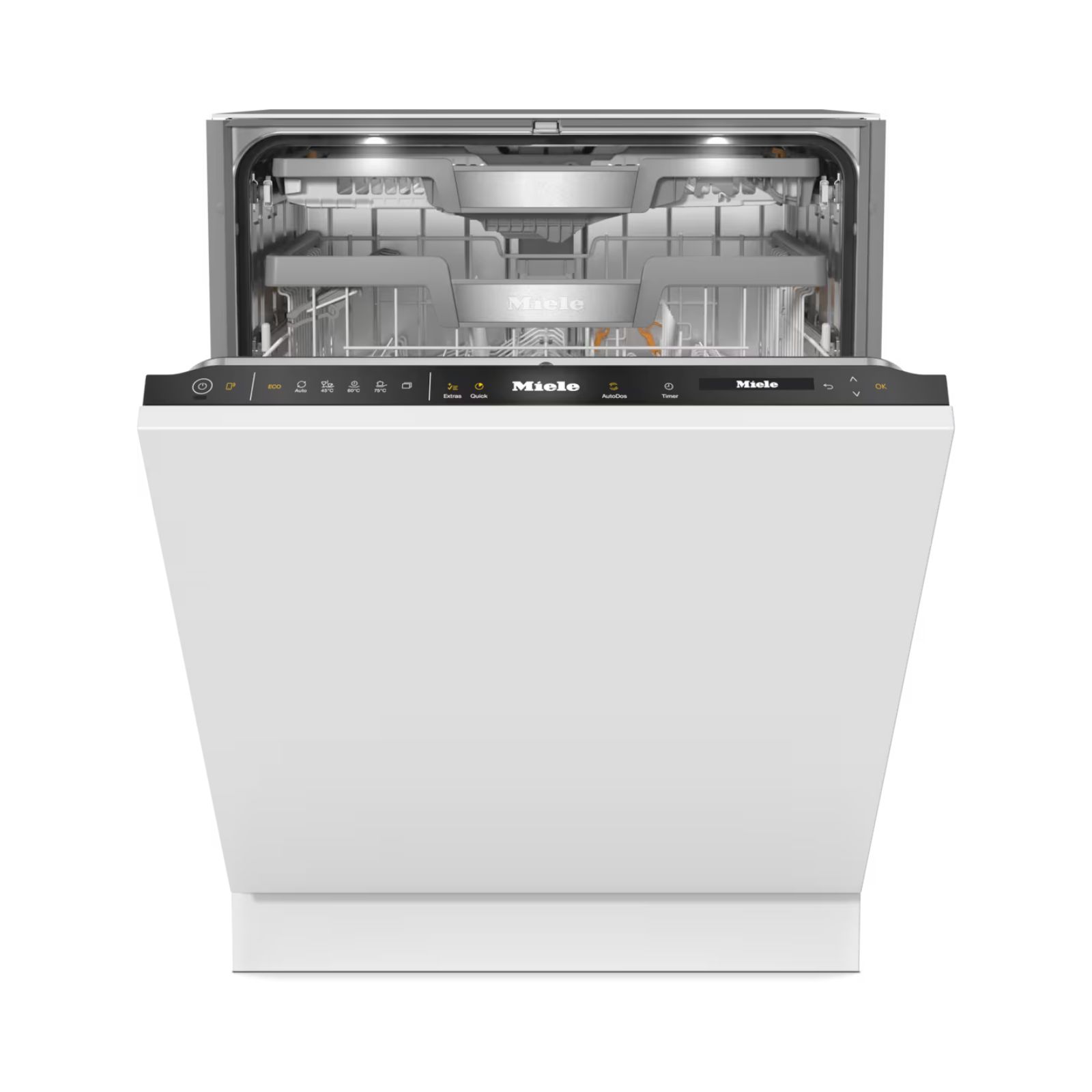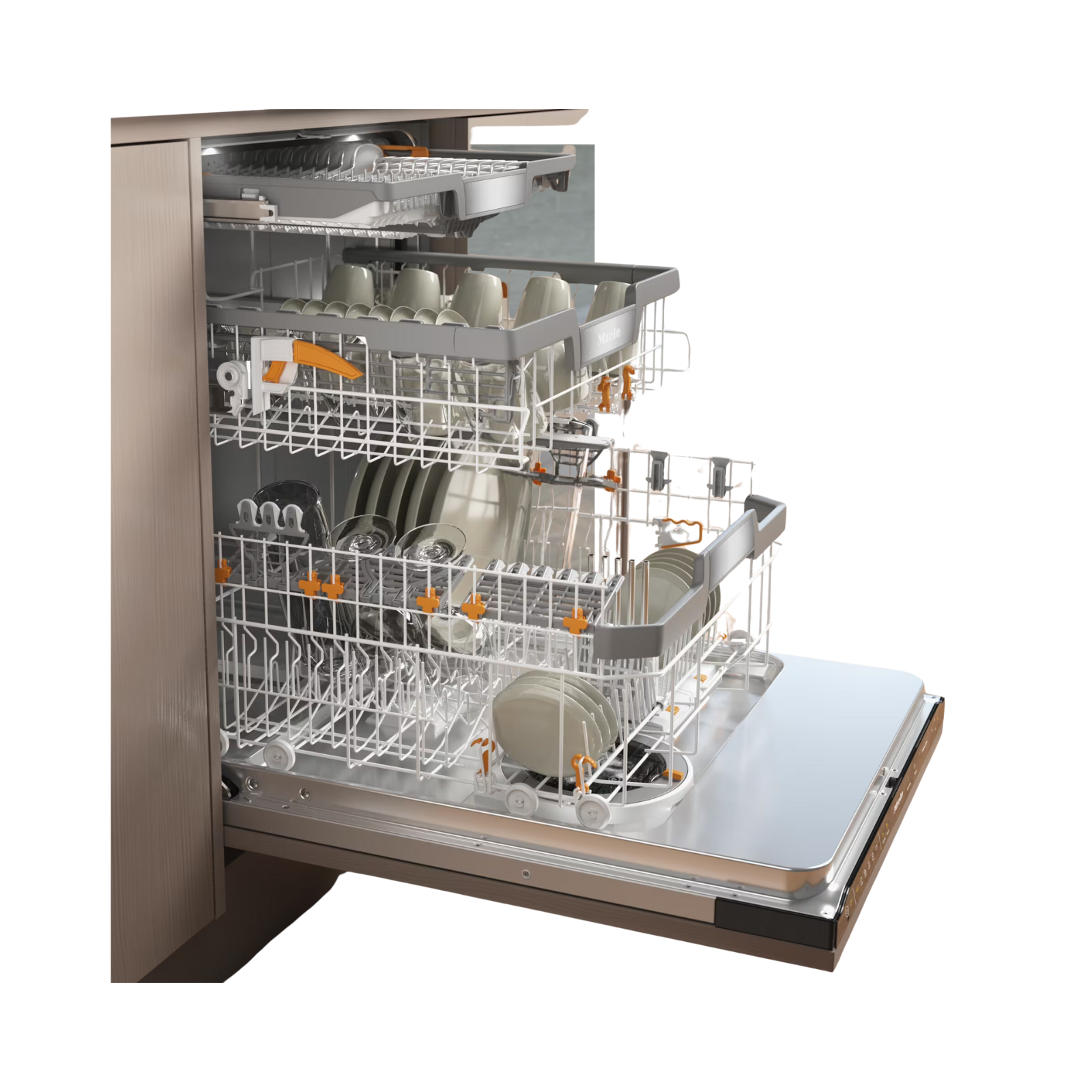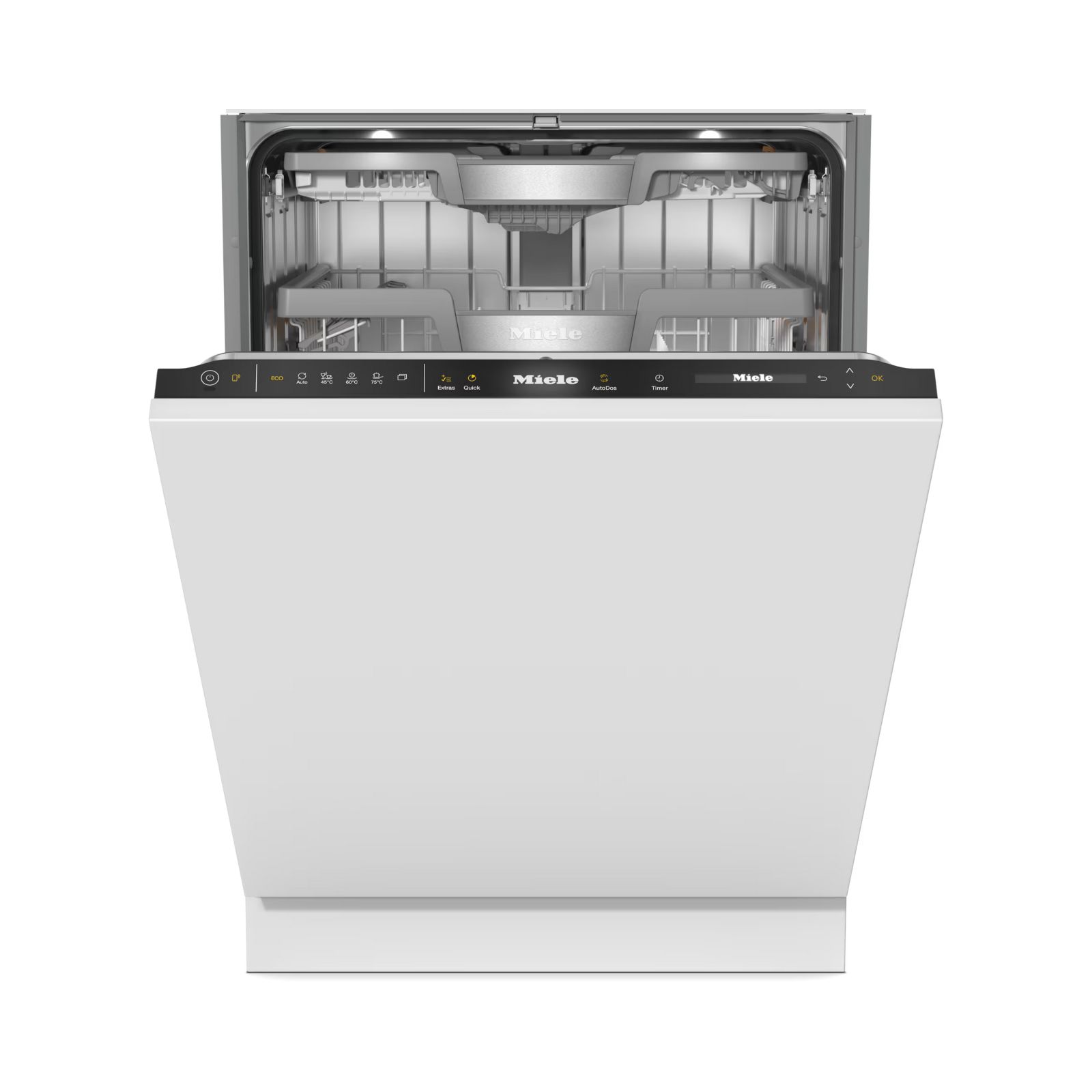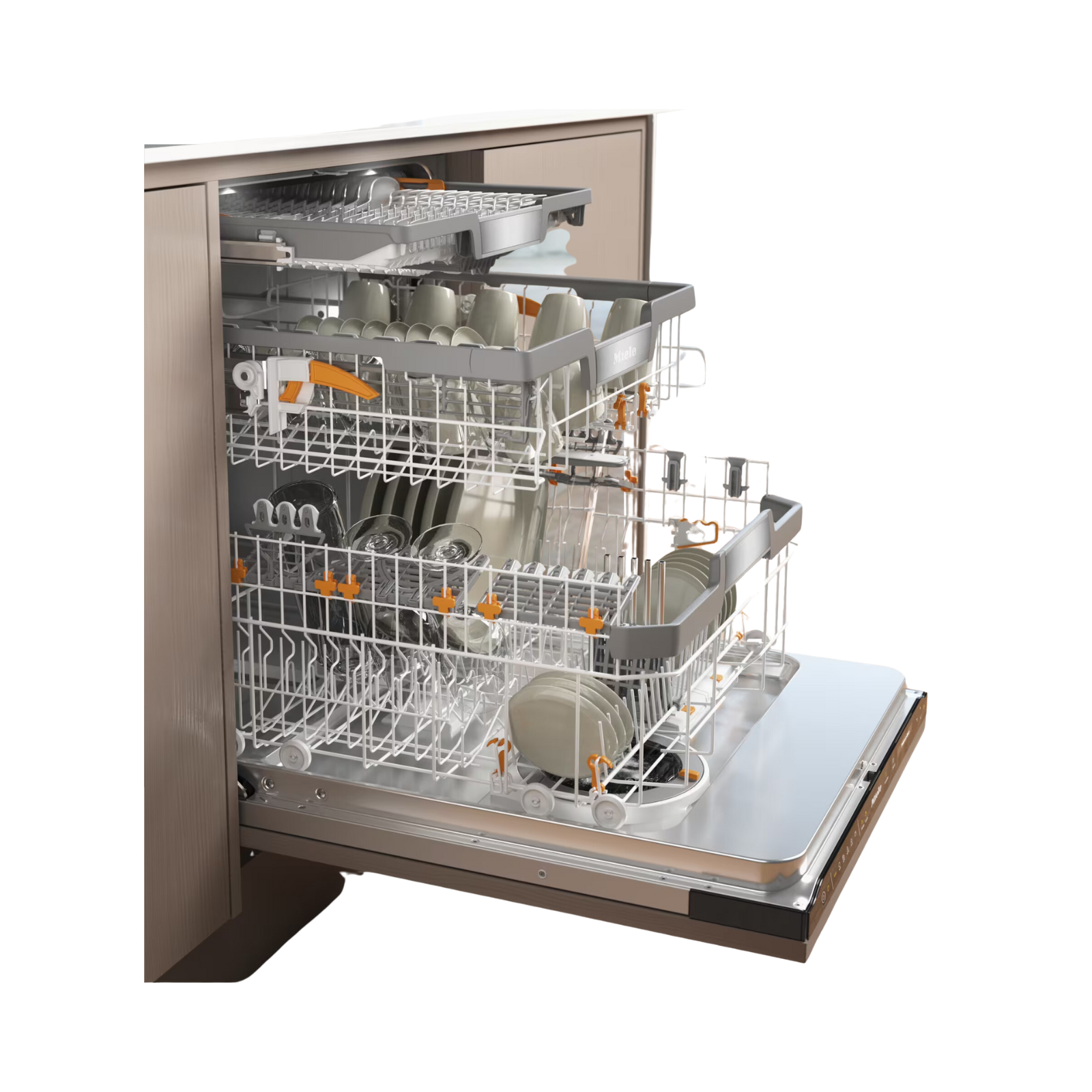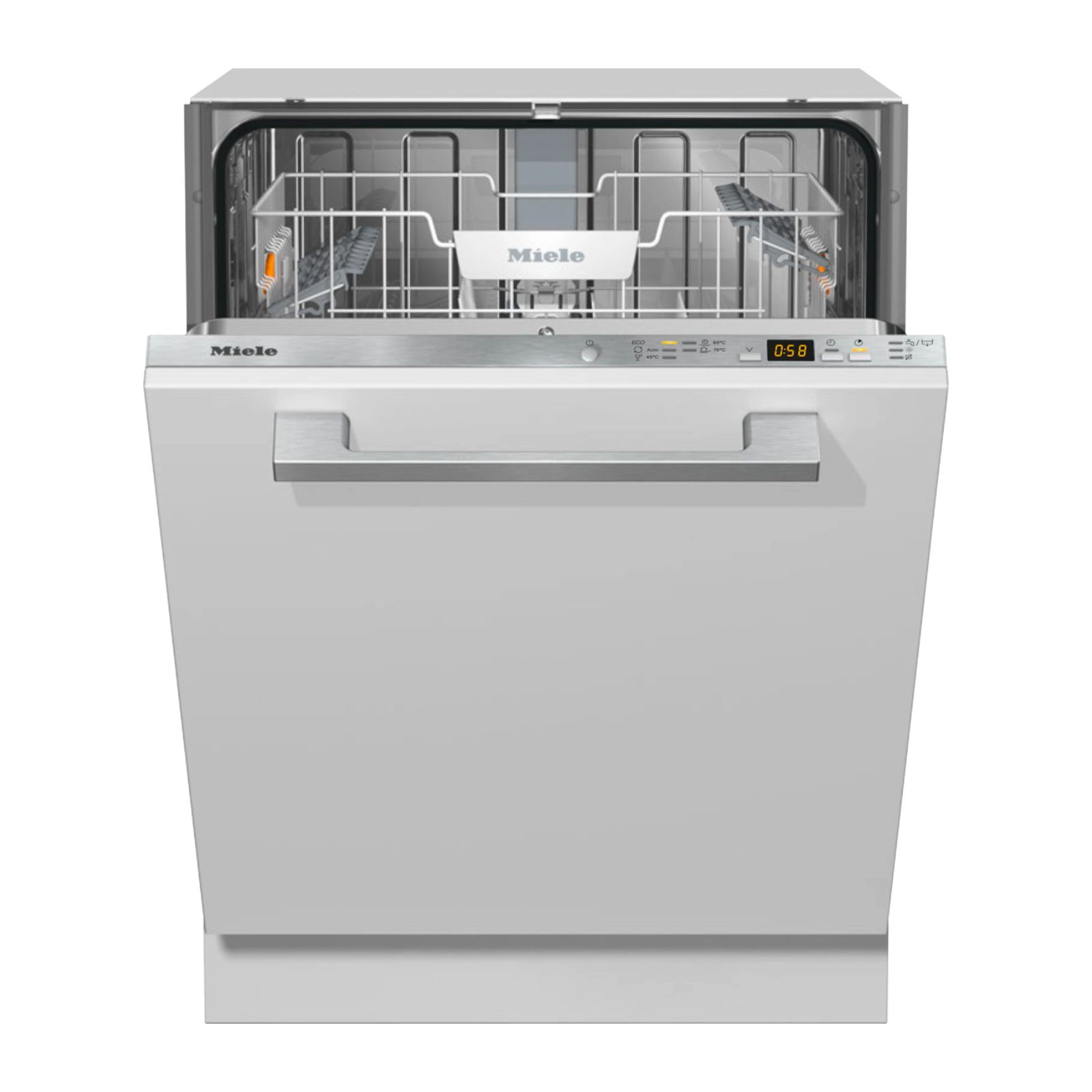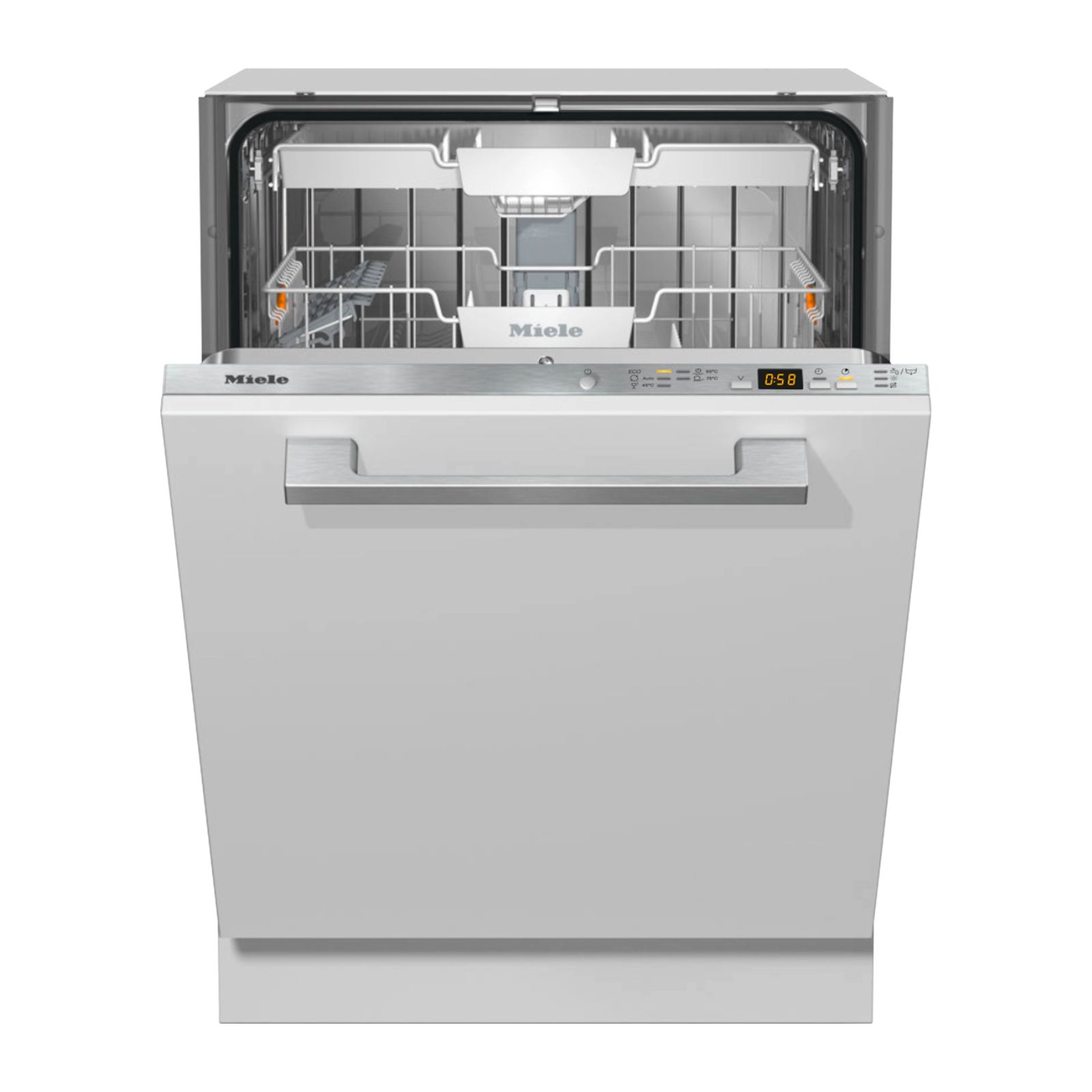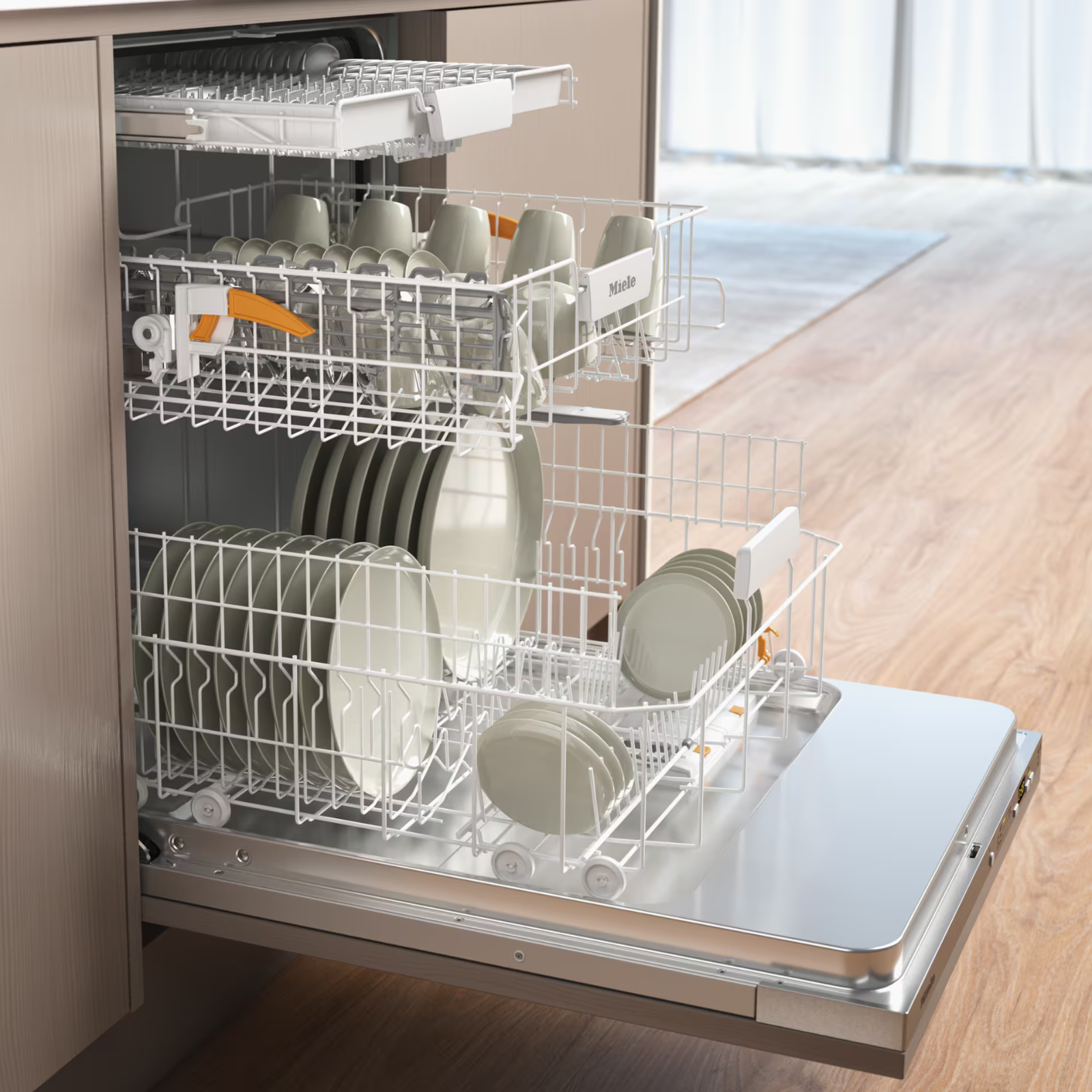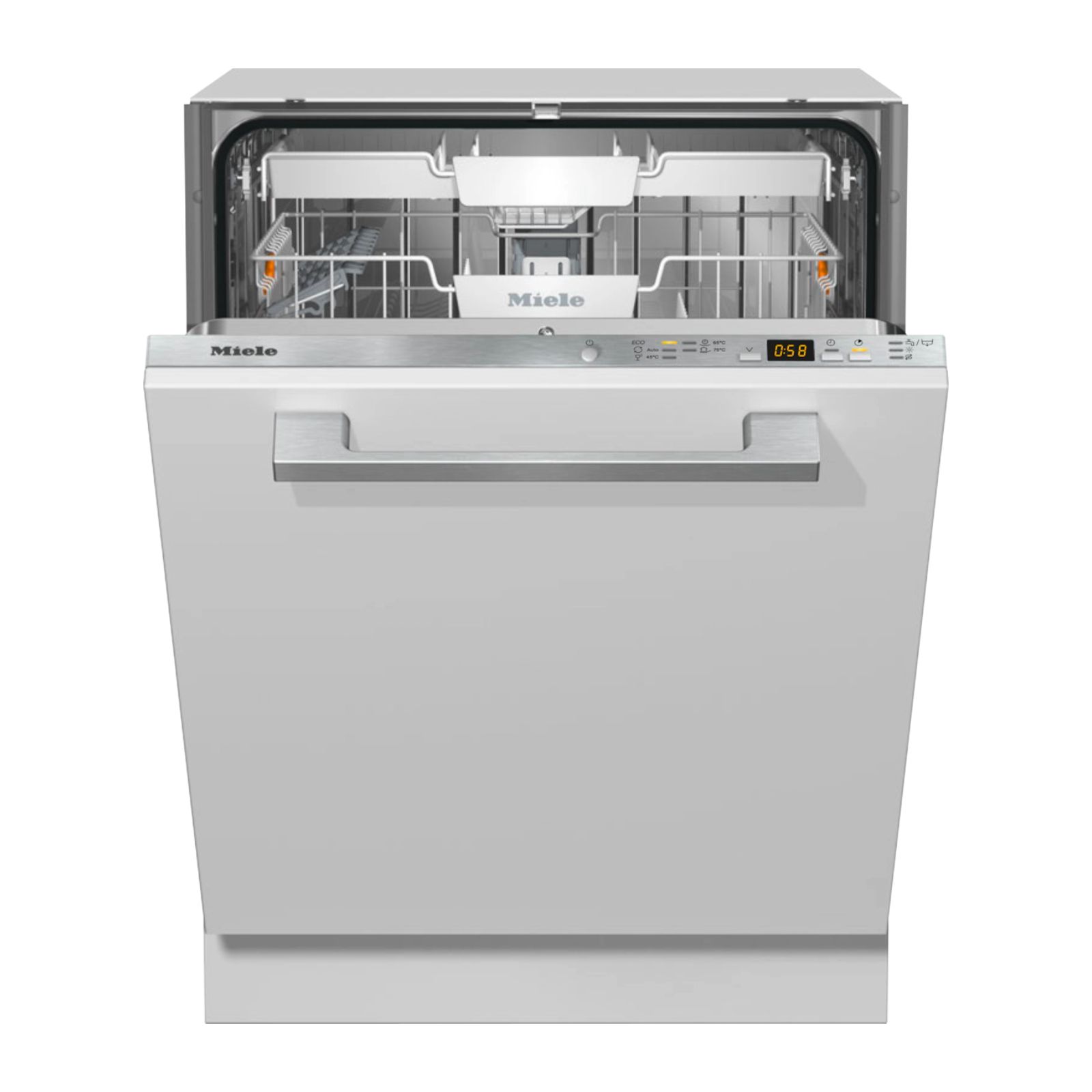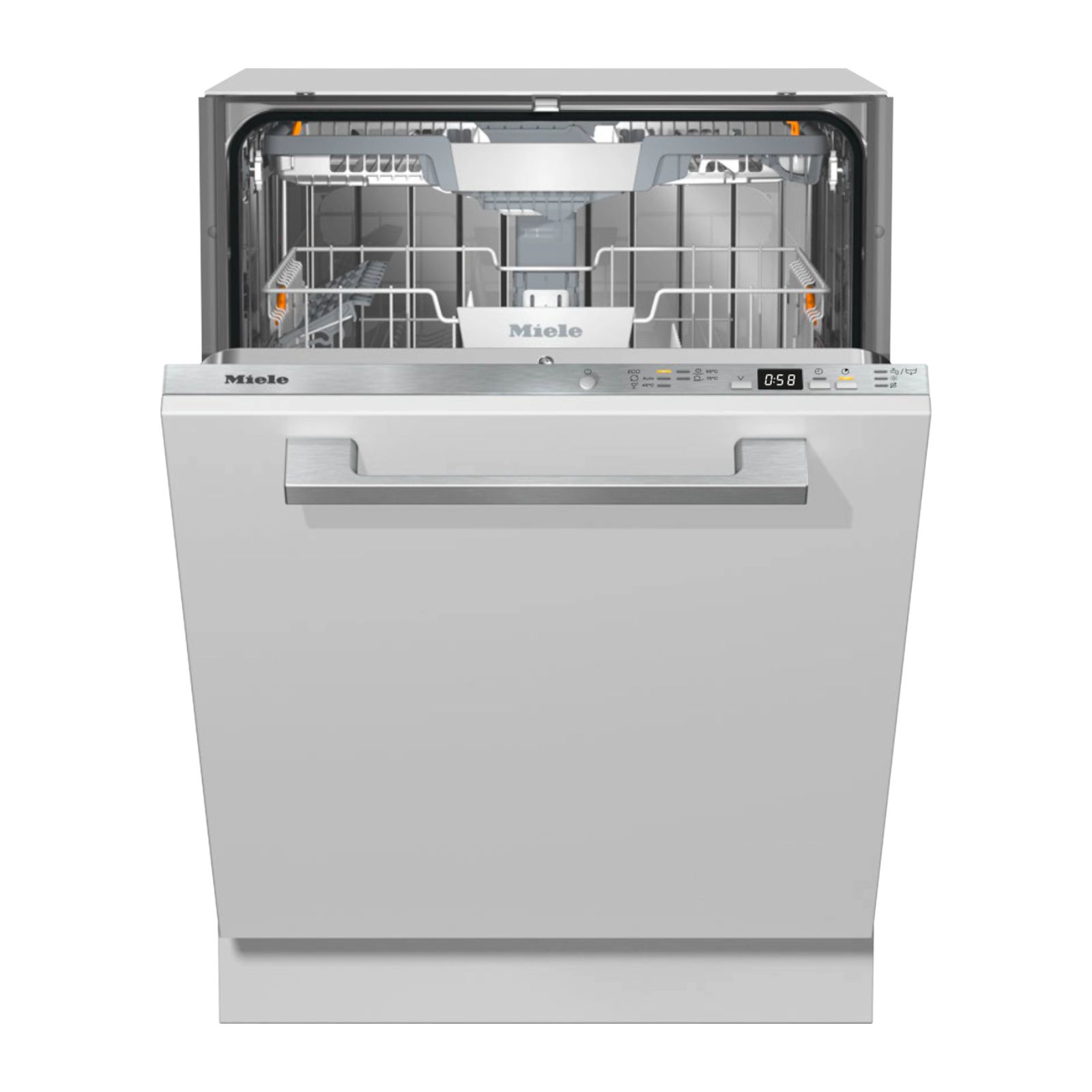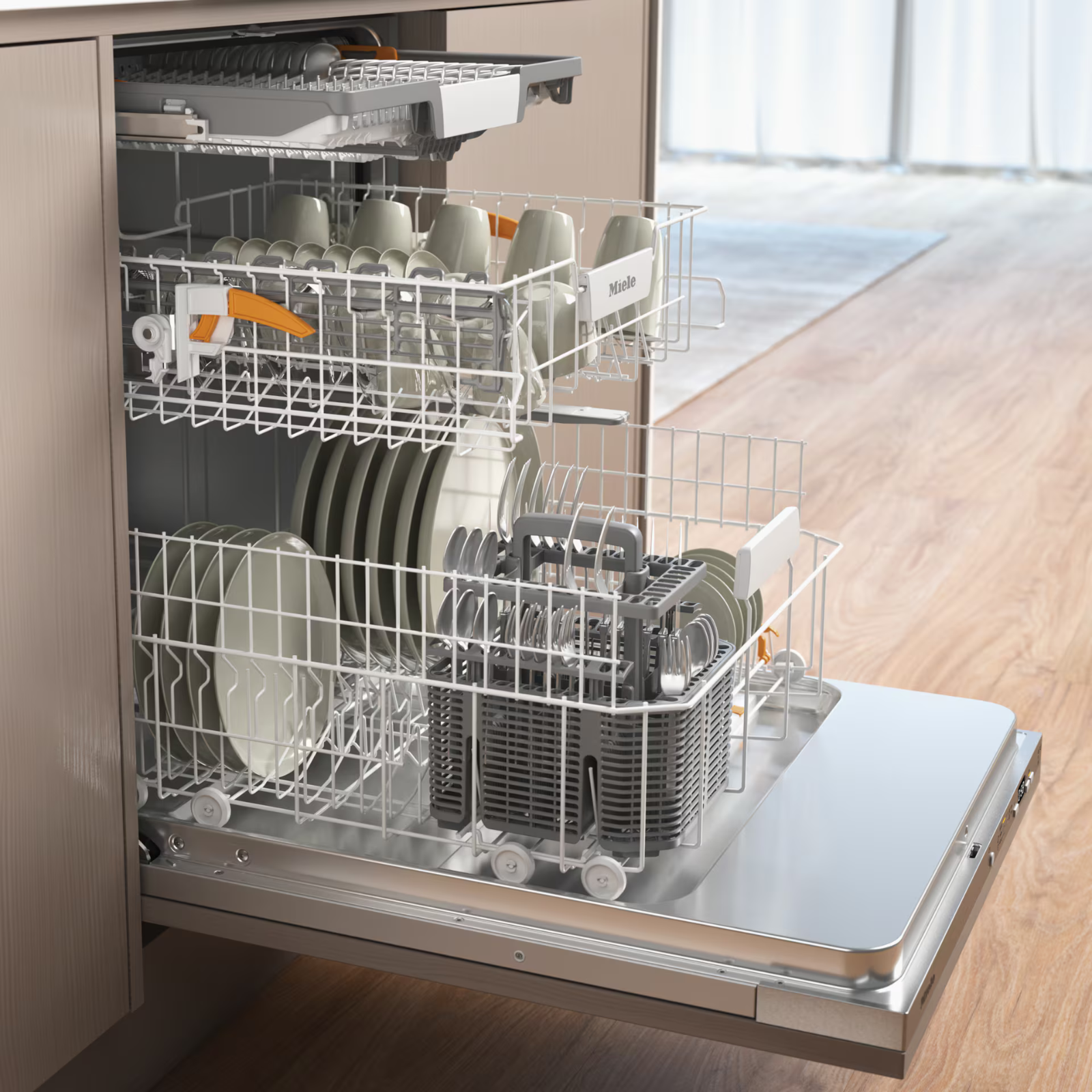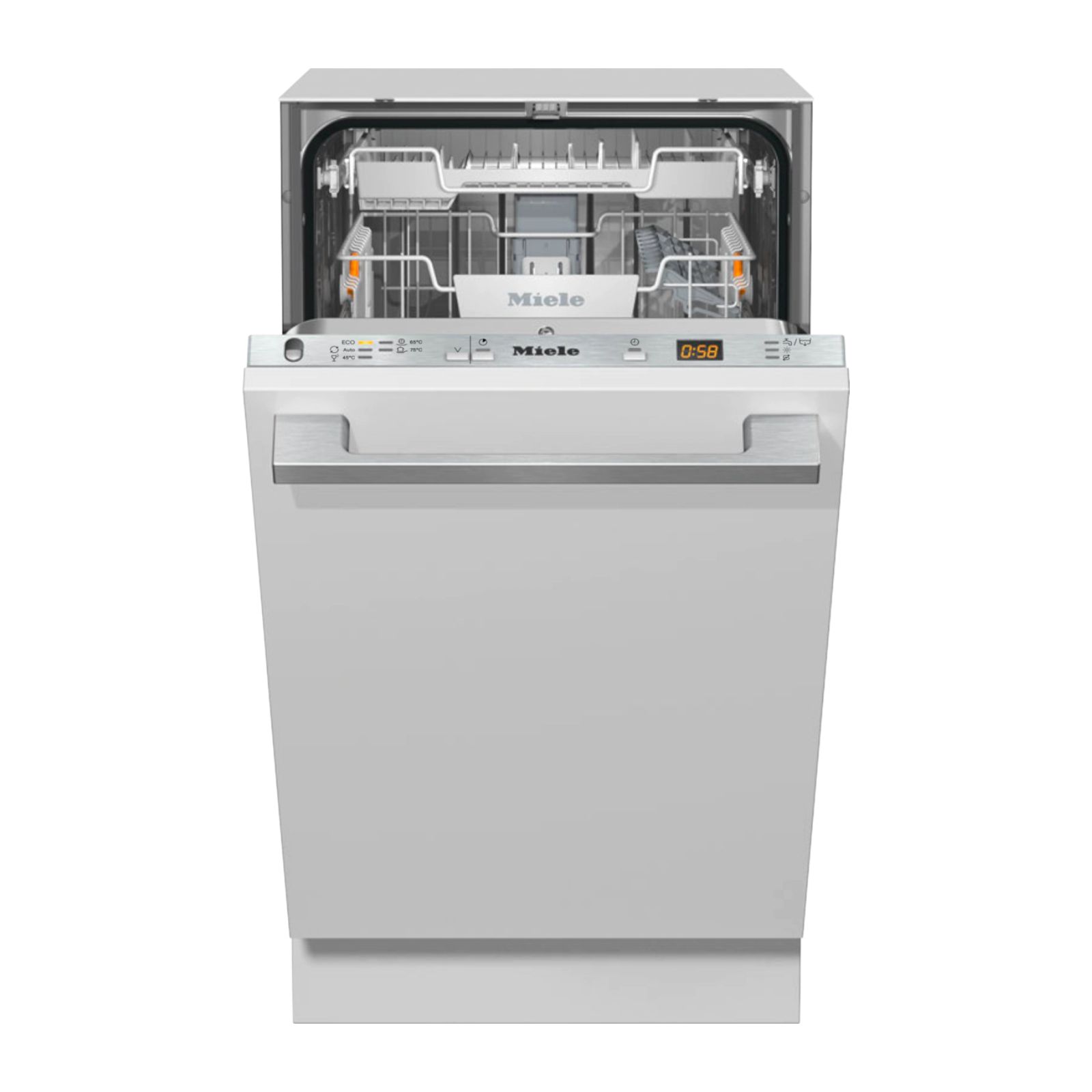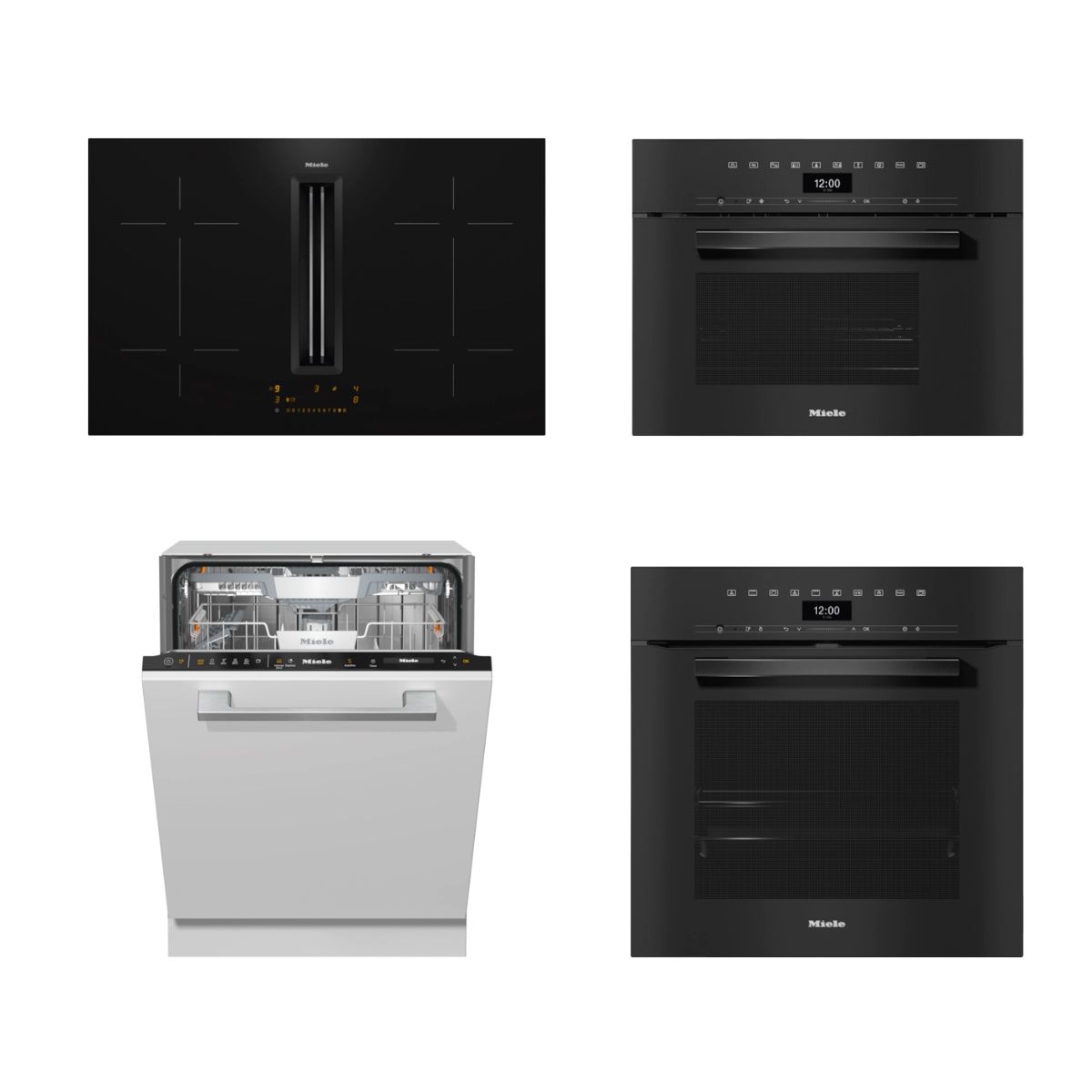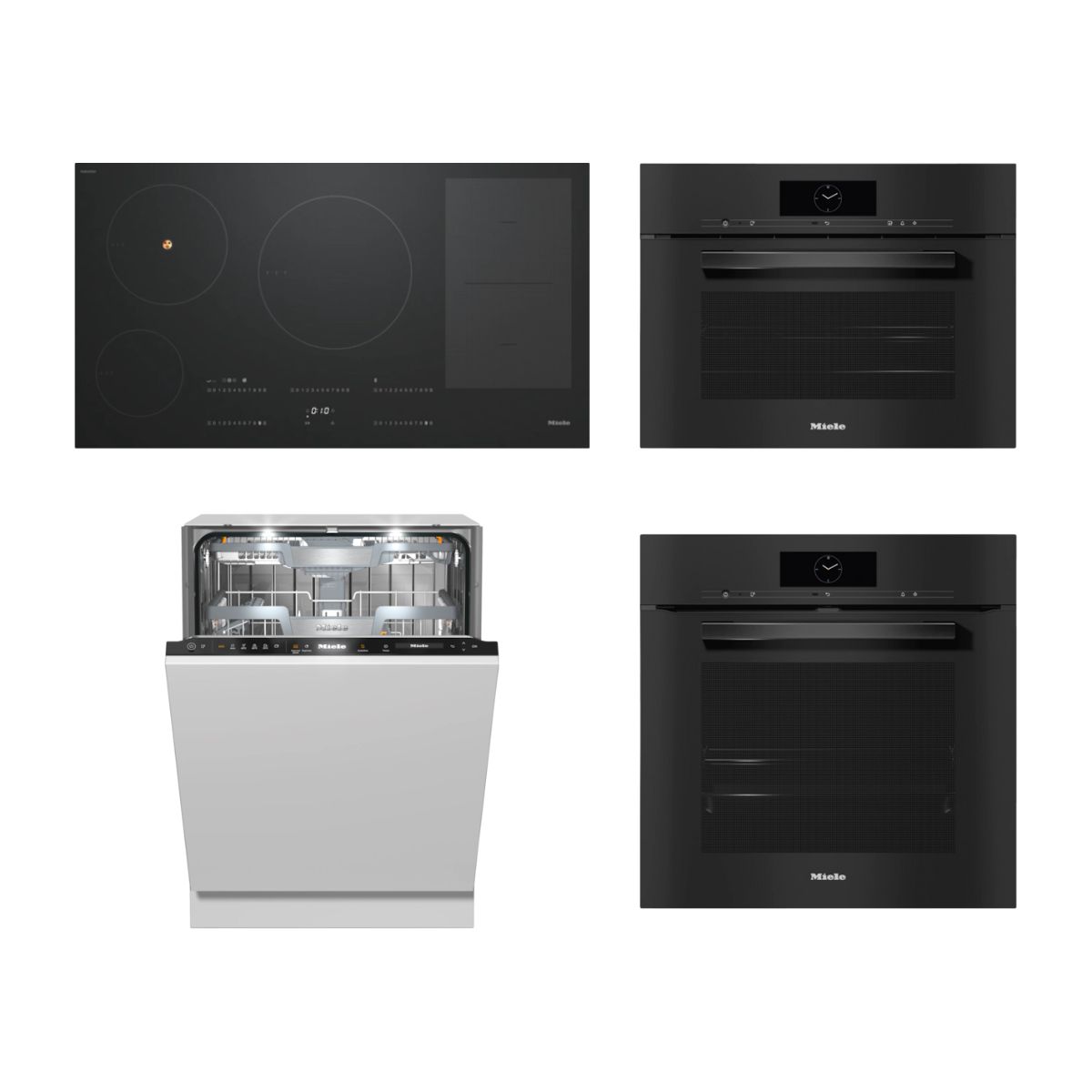Wash dishes for the environment
Did You Know You Save Water by Using a Dishwasher Instead of Washing by Hand?
It’s a common misconception that handwashing is more eco-friendly than using a dishwasher, but in fact, a dishwasher uses significantly less water. A modern dishwasher typically consumes about 10–15 liters of water per load, while washing the same amount of dishes by hand can use up to 100 liters. If a family of four washes dishes by hand, they might consume around 1050 kWh per year. A dishwasher, however, uses less than a third of this energy—especially when you avoid rinsing dishes in hot water beforehand and run it only when full. By choosing an energy-efficient dishwasher, you save both energy and money, while also benefiting the environment. Today’s dishwashers are equipped with smart features that adjust water and energy usage based on how dirty the dishes are.
Which Dishwasher Suits Your Kitchen—Integrated, Freestanding, or Built-Under?
When it comes to choosing the right dishwasher, there are several types to consider: integrated, freestanding, or built-under models.
Integrated dishwashers are designed to blend in with your kitchen’s decor by having a front panel that matches your cabinets, making them a popular choice for those who want the dishwasher to be discreet.
Freestanding dishwashers come with their own sides, front, and top, so they can be placed anywhere in the kitchen without needing to be installed under a countertop. Just remember that water and drainage connections are still required.
Built-under dishwashers are the most common type, installed under a kitchen counter with a visible front panel. They fit seamlessly into the kitchen layout without requiring customization.
Whichever type you choose, it’s important that the dishwasher fits your kitchen’s design and your daily needs.
Tips to Save Energy with Your Dishwasher
With a few simple tricks, you can reduce both water and energy consumption when using your dishwasher. Here are our top energy-saving tips:
- Don’t rinse dishes in hot water before loading them. Simply scrape off food scraps and, if necessary, rinse with cold water.
- Connect the dishwasher to cold water, allowing the machine to heat it itself, which can save between 20 and 30% in electricity consumption.
- Always fill the dishwasher to capacity before running it to optimize water and energy use.
- Choose a lower temperature if the dishes aren’t too dirty. Modern dishwashers clean effectively at 55°C. Lowering the temperature from 65°C to 55°C can reduce energy usage by up to 25%.
Have more questions about which dishwasher is best for you? Contact us at MiaThéo, and we’ll help you find the perfect model for your kitchen!
